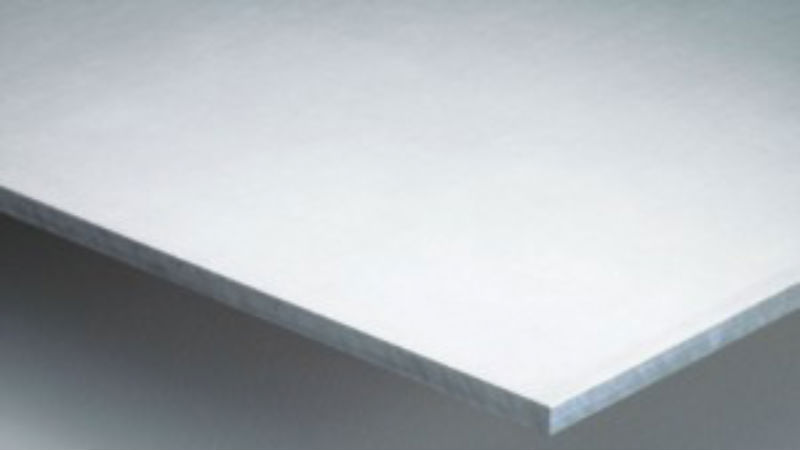There is typically very little mystery or intrigue in the development of an aluminum alloy, but that is not the case with 7075 aluminum. This alloy was originally developed in 1936 by the Sumitomo Metal Industries in Japan.
While now merged with Nippon Steel, the original Sumitomo Metal Industries began working to develop a lightweight, high strength-to-density ratio aluminum alloy that could be used in developing faster and stronger aircraft for the Imperial Japanese Navy.
Secret Development
The 7075 aluminum was developed completely in secret, and wasn’t used in the production of planes for the Imperial Japanese Navy until 1940. It was specifically used to construct the Mitsubishi A6M Zero frame, and it was considered from its first use in World War II, to be the best carrier-based fighter of the time. It was also flown in land-based campaigns as well.
The lightweight frame, thanks to the use of the new 7075 aluminum, offered superior handling for the pilot and also significantly extended the range of the aircraft when it came to flight time. This specific plane was produced more than any other aircraft during the WWII in Japan.
This alloy was first used in the United States and other countries in 1943, marketed by Alcoa, and used extensively within the aerospace and aircraft industries almost immediately.
Use Today
Not surprisingly 7075 aluminum is still considered an ideal alloy for use in aircraft and aerospace industries. It is very much in demand in these industries because of its high strength, low weight, and it excellent fatigue resistance.
The one drawback to 7075 aluminum is that it is not as corrosion resistant as other aluminum alloys, but it is still considered to be moderate with regards to corrosion resistance. However, to offset this issue the alloy can be polished to a high degree of shine, making it a good option for many different uses including in remote controlled models as well as in sporting equipment.
The 7075 aluminum is also used for marine types of applications. It can be sold as bare products or as an Alclad sheet or plate when increased corrosion resistance is required.
This product is sold in different tempers from annealed or 7075-0 through to 7075-RRA. The RRA temper, which stands for retrogression and reage, begins with a T6 temper 7075 aluminum and processed from that point to multistage heat treatments.



